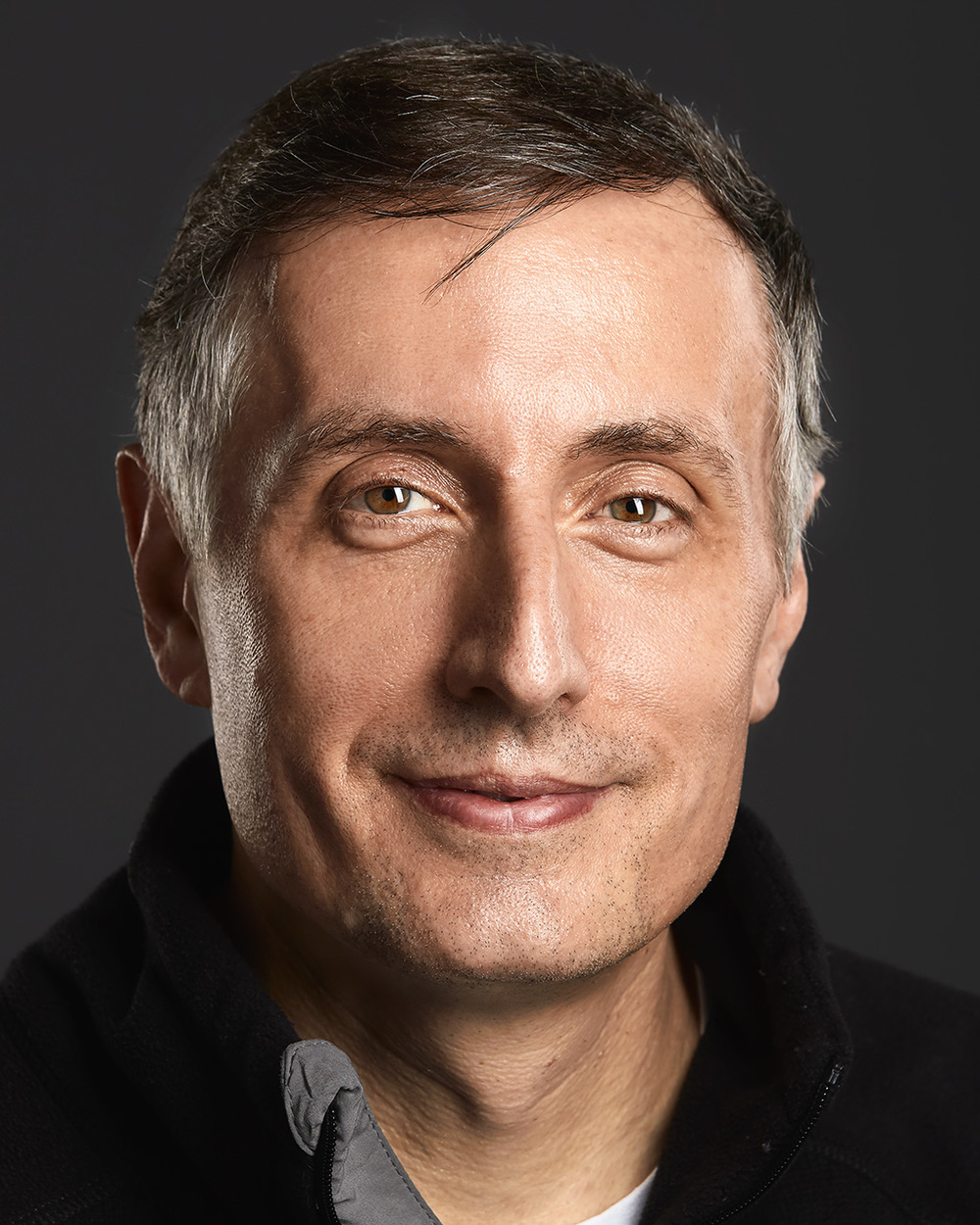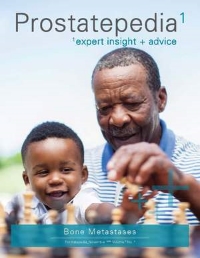Dr. Mark Moyad: Diet, Lifestyle + Prostate Cancer
In this blog PCRI presents an interview from our contributing partner, Prostatepedia.
Dr. Mark A. Moyad, the Jenkins/Pokempner Director of Complementary and Alternative Medicine in the Department of Urology at the University of Michigan Medical Center, has published over 150 medical journal articles and 12 books, including The Supplement Handbook: A Trusted Expert’s Guide to What Works & What’s Worthless For More Than 100 Conditions.
Dr. Moyad frames this month’s conversations on diet and lifestyle for prostate cancer.
Join Prostatepedia to read the entire issue.
First, I’d like to say that I find it incredibly wonderful that we’re now talking about diet and exercise for prostate cancer. In the old days, it was unusual to even talk about it, but now you stick out if your institution doesn’t cover diet and exercise. What a wonderful and diverse collection of experts in this issue—such a pleasure to read and learn from some of the best in this field now and in the future.
I always say that heart-healthy is prostate-healthy. Heart-healthy is all healthy. Reducing your cardiac risk as close to zero as possible is the smartest thing you can do as a prostate patient. That’s the top of the pyramid when it comes to diet and exercise for prostate cancer. Maintaining a healthy weight is the first step in becoming heart-healthy.
Every few years, we realize that more and more cancers are associated with obesity. Now we know that obesity is associated with up to at least 13 types of cancer, not to mention the ongoing, ravaging obesity epidemic.
That said, I don’t believe that we have the power or the right to tell people what diet to follow. It doesn’t matter if you want to go vegan, high fat, or low carb: there’s nothing more important than maintaining a healthy weight and having the heart-healthy numbers to support that healthy weight loss.
The new elephant in the room is alcohol. Alcohol often becomes self-medication in elderly people, but it is one of the largest sabotages to a heart-healthy and prostate-healthy lifestyle.
First, the caloric content of alcohol is high: seven calories per gram. Second, the data clearly show a relationship between excessive insulin production and excessive alcohol exposure. This makes it so easy to gain weight when you drink alcohol. Some of the greatest weight loss I’ve seen in the past 12-months has come when a patient eliminates alcohol. There is also a correlation between alcohol and potentially aggressive prostate cancer. So alcohol makes you gain weight, encourages prostate tumor growth, encourages cardiac risk, and encourages risk of other cancers.
Exercise is important, but we have to be careful as we age. We become very delicate machines. That’s why I agree with Dr. Rob Newton that finding an exercise physiologist is a great idea. We have to be smart about exercise: if you don’t preserve yourself, you won’t be able to stay active and get the benefits of exercise for your prostate cancer.
I’ll also add that the biggest benefit to exercise is a mental health benefit. I love the cardio/metabolic effects of exercise in men on hormonal therapy, but I don’t give a damn if exercise ends up being physically beneficial to cancer patients. What excites me is the impact on the quality of life of a man. Patients are completely different on hormonal therapy when they are regular exercisers. Mentally, they’re still in the game. They’re beautiful to be around.
Socialized exercise also gives you a boost. When you work out in your basement, you’re not getting all the benefits of exercise. When you have a trainer, go to a gym, or work out with support group members, you get an added mental health boost. You can become isolated in exercise.
Finally, I’d like to add that we lose credibility if we don’t follow probability with supplements. The results from the VITAL trial, which looks at vitamin D and cancer in about 26,000 people, will be published next year. I’m going to wait for those results before I recommend higher vitamin D intakes to patients.
Prostatepedia, a division of Rivanna Health Publications, has a single mission: to help leading prostate cancer researchers explain their work and its implications to prostate cancer patients, activists, and health care providers. Formerly known as Prostate Forum, Prostatepedia, their monthly periodical, features informal conversations with leading experts.


